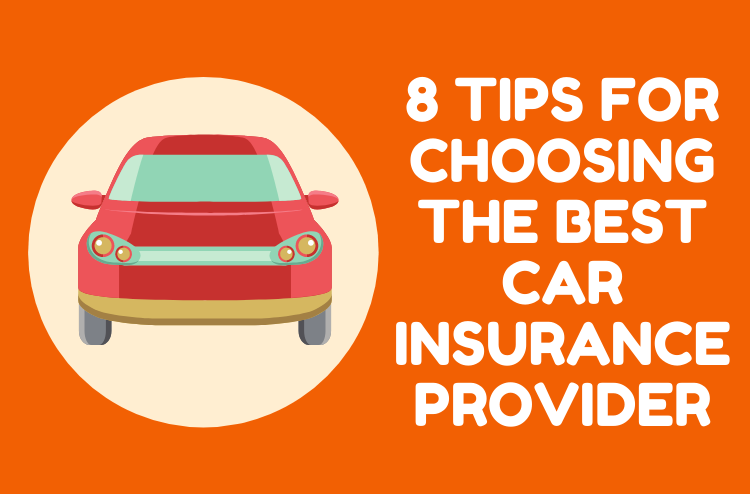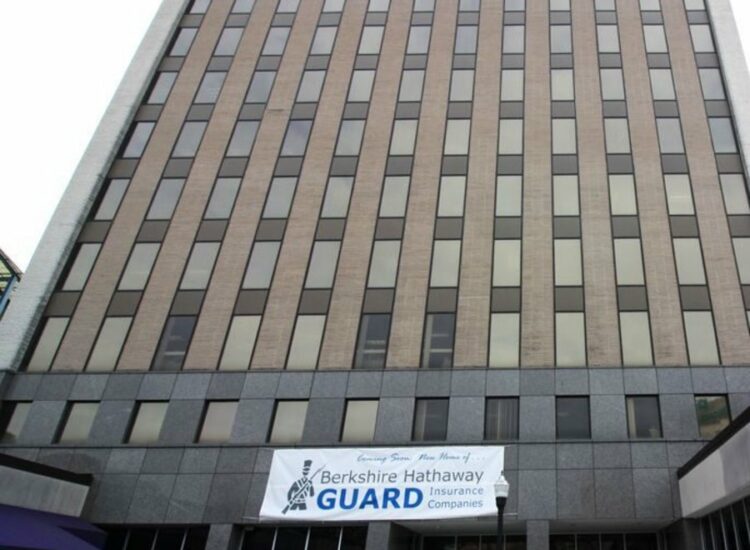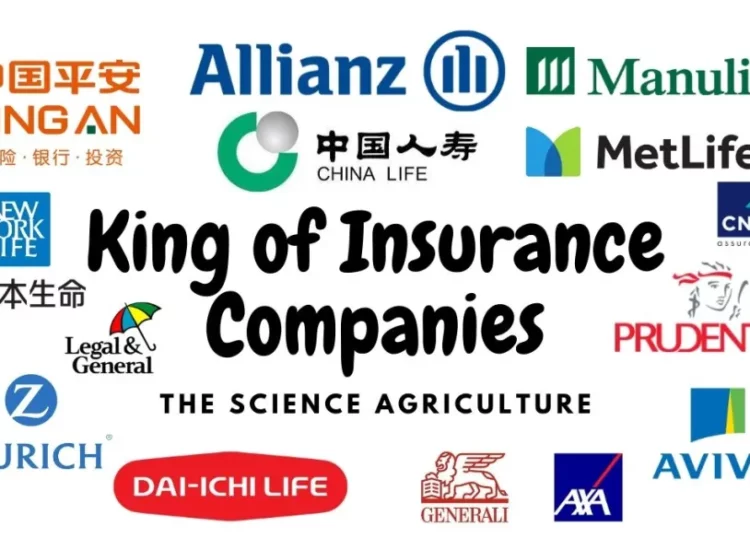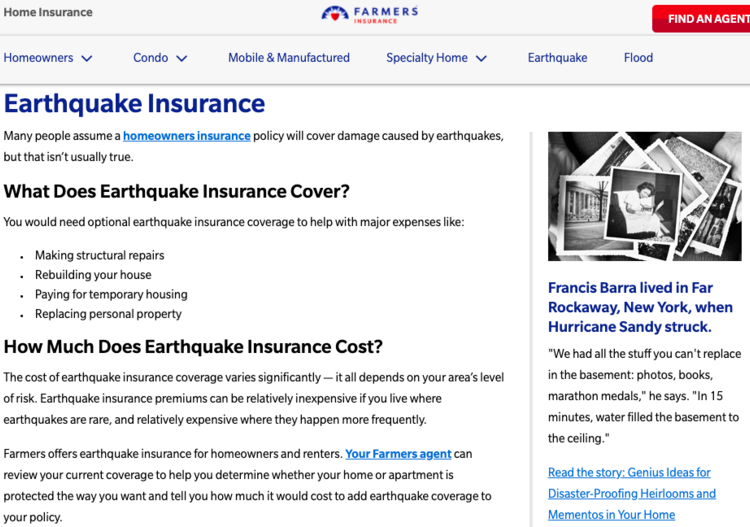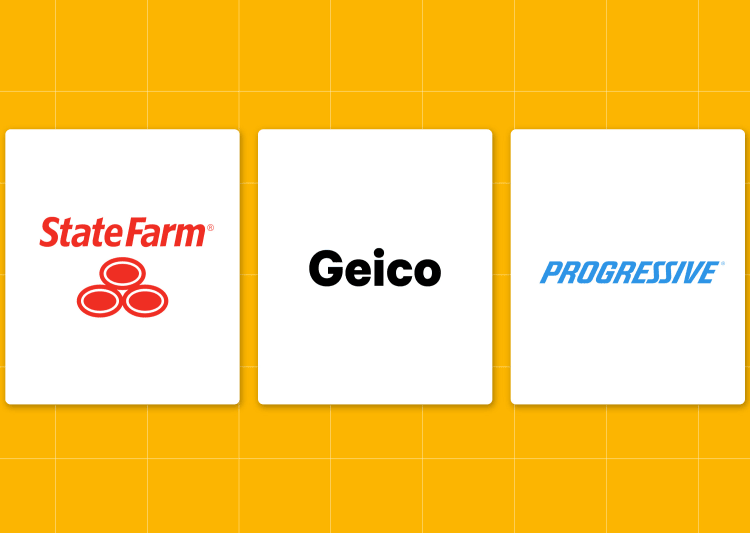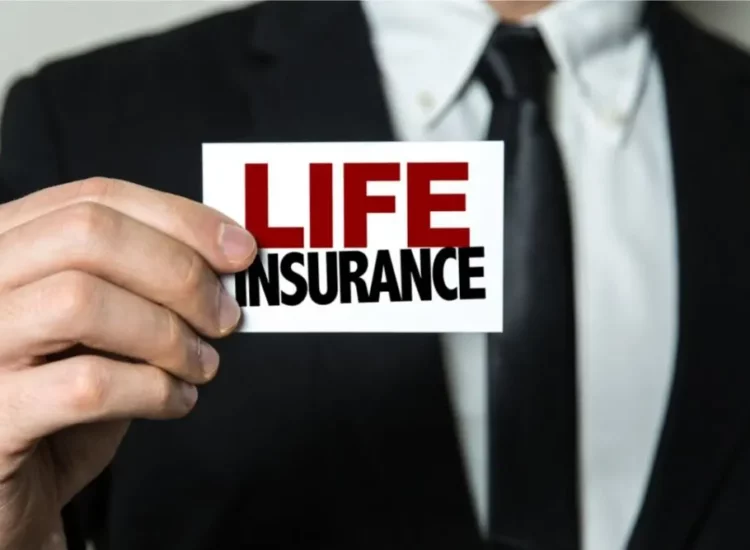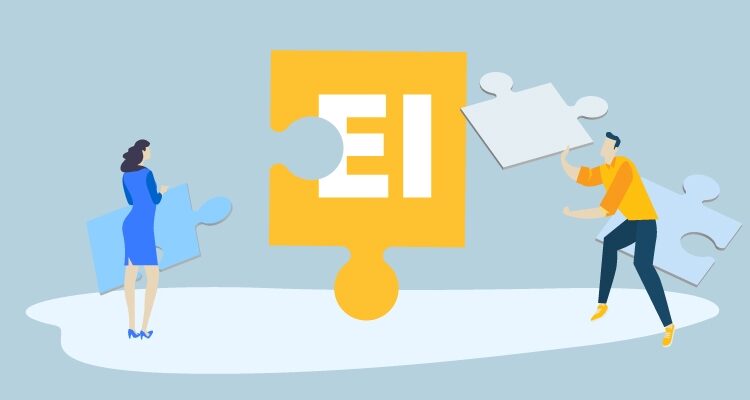Many believe that a bad consolidation credit debt loan automatically improves credit scores – this is false. While it simplifies payments and might indirectly help over time by reducing credit utilization and improving payment history, it doesn’t erase past mistakes. The true impact depends heavily on responsible repayment and careful management of the new loan.
Toc
- 1. Understanding Bad Consolidation Credit Debt Loans: A Comprehensive Overview
- 2. How Bad Consolidation Credit Debt Loans Work
- 3. Exploring Bad Consolidation Credit Debt Loan Lenders
- 4. Secured vs. Unsecured Bad Consolidation Credit Debt Loans
- 5. Alternative Debt Management Strategies
- 6. Related articles 02:
- 7. Current Trend: Rise of Fintech Lenders
- 8. Improving Approval Chances for Bad Consolidation Credit Debt Loans
- 9. Caution Against No Credit Check Loans
- 10. Identifying Predatory Lending Practices
- 11. Utilizing Online Resources for Loan Comparison
- 12. Conclusion: Your Path to Financial Rehabilitation
- 13. Related articles 01:
Understanding Bad Consolidation Credit Debt Loans: A Comprehensive Overview

Navigating financial challenges with bad credit can feel like walking through a minefield. A bad consolidation credit debt loan offers a potential lifeline for borrowers struggling with multiple high-interest debts, providing a strategic approach to financial restructuring.
What Exactly is a Bad Consolidation Credit Debt Loan?
A bad consolidation credit debt loan is a specialized financial product designed for individuals with less-than-perfect credit scores. This type of loan consolidates multiple debts into a single payment, potentially offering:
- Simplified monthly payments
- Potential reduction in overall interest rates
- Streamlined debt management strategy
- Opportunity to improve credit utilization
Key Considerations for Borrowers with Poor Credit
When exploring bad consolidation credit debt loan options, borrowers must understand:
- Credit scores significantly impact loan terms
- Higher interest rates are typical for bad credit borrowers
- Comprehensive research is crucial before commitment
- Not all “guaranteed” loans are legitimate
The Importance of Understanding Your Credit Score
Your credit score plays a pivotal role in the loan approval process. It is crucial to understand how it is calculated and what factors can influence it. Credit scores typically range from 300 to 850, with higher scores indicating better creditworthiness. Key components of your credit score include:
- Payment History (35%): This is the most significant factor, reflecting whether you’ve paid your past debts on time.
- Credit Utilization (30%): This measures the amount of credit you’re using compared to your total available credit. Lower utilization is better.
- Length of Credit History (15%): This reflects how long your credit accounts have been active. A longer history can positively impact your score.
- Types of Credit (10%): A diverse mix of credit types (credit cards, mortgages, installment loans) can enhance your score.
- Recent Credit Inquiries (10%): Each time you apply for credit, a hard inquiry is recorded. Too many inquiries can negatively affect your score.
The Impact of Credit Score on Loan Terms
A bad credit score can significantly influence the terms of a bad consolidation credit debt loan. Typically, borrowers with lower credit scores may encounter:
- Higher Annual Percentage Rates (APRs): For instance, a borrower with a score of 580 might receive an APR of 15%, while a borrower with a score of 680 may qualify for an APR of just 9%. This difference can add hundreds or even thousands to the total cost of the loan.
- Shorter Loan Terms: Lenders may offer shorter repayment terms for those with lower scores, resulting in higher monthly payments but less interest paid overall.
- Higher Fees: Poor credit often leads to origination fees that can increase the total cost of borrowing.
Understanding these potential variations can prepare borrowers for the realities of bad consolidation credit debt loans.
How Bad Consolidation Credit Debt Loans Work
The primary function of a bad consolidation credit debt loan is to simplify debt management by combining multiple debts into one. This means that instead of managing the overwhelming task of handling multiple monthly payments, borrowers only need to make a single monthly payment. This can alleviate stress and help borrowers stay organized.
- Application Process: The application for a bad consolidation credit debt loan typically involves providing personal and financial information, including income, existing debts, and credit history.
- Loan Approval: Once submitted, lenders will evaluate your application based on your creditworthiness and ability to repay the loan. Those with bad credit may face higher interest rates and stricter terms.
- Disbursement of Funds: If approved, the lender disburses the loan amount, which is then used to pay off existing debts. Borrowers should ensure they understand the terms of the new loan, including the interest rate and repayment schedule.
- Repayment: Borrowers will then repay the new loan according to the agreed-upon terms, ideally with lower monthly payments and a clearer path to financial stability.
Exploring Bad Consolidation Credit Debt Loan Lenders
Types of Lenders Offering Bad Credit Consolidation Loans
When searching for a bad consolidation credit debt loan, it’s essential to explore various lender types, as each may offer different terms and conditions.
- Online Lenders
- Often more flexible with credit requirements.
- Faster application processes, with many offering instant decisions.
- Competitive interest rates, but borrowers should be wary of hidden fees.
- Credit Unions
- Member-focused lending institutions that may provide lower interest rates.
- A more personalized approach to loan approval.
- Often willing to work with borrowers with bad credit to find a suitable solution.
- Peer-to-Peer Lending Platforms
- These platforms connect borrowers directly with individual lenders.
- They often have more lenient credit criteria compared to traditional banks.
- Borrowers should conduct thorough research to avoid scams.
- Traditional Banks
- Established institutions that may offer bad consolidation credit debt loans, but often have stricter lending criteria.
- It’s essential to check which banks offer debt consolidation loans specifically for bad credit.
Differences in Application Processes and Approval Times
When comparing lenders, understanding the differences in application processes and approval times is crucial:
- Online Lenders: These typically offer quick, streamlined applications that can often be completed in minutes. Many provide instant decisions, allowing borrowers to receive funds as soon as the next business day.
- Credit Unions: The application process may involve an in-person interview or a more detailed review process. While this might take longer, credit unions often provide personalized service and are more flexible with their terms.
- Traditional Banks: Borrowers may face a lengthy application process, including documentation and potential interviews. Banks often have strict requirements, which can lead to longer approval times.
Understanding these differences can help borrowers choose the lender that best fits their needs.
Comparing Bad Consolidation Credit Debt Loan Options
When evaluating lenders, consider:
- Annual Percentage Rate (APR): This reflects the total cost of borrowing, including interest and fees. A lower APR can save you money over time.
- Loan Terms: The length of the loan can affect monthly payments and the total interest paid. Shorter terms may mean higher payments but less interest paid overall.
- Origination Fees: Some lenders charge fees for processing the loan. Understanding these fees is crucial to evaluating the total cost of the loan.
- Repayment Flexibility: Look for lenders who offer flexible repayment options, such as the ability to make extra payments or adjust due dates.
- Customer Reviews and Reputation: Research lender reviews to gauge customer satisfaction and reliability. Online forums and consumer protection websites can provide valuable insights.
Secured vs. Unsecured Bad Consolidation Credit Debt Loans
Secured Loan Options
Secured bad consolidation credit debt loans require collateral, which can include:
- Home Equity: Borrowers can use the equity in their homes as collateral, often resulting in lower interest rates.
- Vehicle: Using a car as collateral can also secure a loan, but it carries the risk of losing the vehicle if payments are not made.
- Savings Account: Some lenders allow borrowers to use savings as collateral, providing a safety net for both parties.
Pros:
- Lower interest rates due to reduced lender risk.
- Higher chances of approval for borrowers with bad credit.
- Potential for larger loan amounts.
Cons:
- Risk of losing the asset if the loan is defaulted.
- Extensive documentation and evaluation may be required.
- Longer approval processes compared to unsecured loans.
Unsecured Loan Alternatives
Unsecured bad consolidation credit debt loans do not require collateral but typically feature:
- Higher interest rates, reflecting the increased risk for lenders.
- Stricter credit requirements, making it harder for borrowers with bad credit to qualify.
- Faster approval processes, as no collateral evaluation is necessary.
Examples of Unsecured Loan Options:
- Personal Loans: Offered by banks and online lenders, these can provide funds for debt consolidation without collateral.
- Credit Cards: Some borrowers may choose to use a new credit card with a 0% introductory rate for balance transfers.
Weighing the Trade-offs
While secured loans often present lower rates, borrowers must carefully consider the risk of losing a valuable asset, such as their home or vehicle. The potential for a lower monthly payment must be balanced against the severe consequences of defaulting on a secured loan.
Alternative Debt Management Strategies
If a bad consolidation credit debt loan doesn’t seem like the right fit, there are several alternative strategies to consider:
Debt Management Plans (DMPs)
Debt Management Plans are structured repayment programs offered through credit counseling agencies. These plans can help borrowers negotiate lower interest rates and consolidate payments into one manageable monthly amount.
- Process: The credit counselor will review your financial situation and create a plan to pay off debts over a specified period.
- Benefits: DMPs can help simplify payments and potentially lower interest rates, making it easier to manage debts.
Potential Drawbacks of DMPs
While Debt Management Plans can provide relief, they may also have drawbacks. For example, enrolling in a DMP can have a temporary negative impact on your credit score due to the closure of credit accounts. Additionally, borrowers may face restrictions on opening new credit accounts during the program. These effects can vary based on the credit reporting agency and the borrower’s overall credit profile, potentially complicating future credit applications.
Balance Transfer Credit Cards
For individuals with existing credit card debt, balance transfer credit cards can provide an effective strategy for consolidation. These cards often come with promotional 0% APR rates for a limited time, allowing borrowers to pay down their balances without accruing interest.
1. https://baohotbc.com/mmoga-finding-the-best-student-loan-servicer-in-2024-a-comprehensive-guide/
2. https://baohotbc.com/mmoga-debt-consolidation-vs-personal-loan-understanding-your-options/
5. https://baohotbc.com/mmoga-unlock-your-homes-potential-navigating-home-equity-loan-credit-unions/
- Considerations: Borrowers should be mindful of balance transfer fees and the duration of the promotional period, as high-interest rates will apply once it ends.
Peer-to-Peer Lending Platforms
Peer-to-peer lending connects borrowers directly with individual investors, often providing more lenient credit requirements. This approach can be beneficial for those seeking bad consolidation credit debt loans, but borrowers should exercise caution.
- Pros: Potentially lower interest rates and flexible repayment options.
- Cons: Increased risk of scams; thorough research is essential.
Other Debt Relief Options
- Bankruptcy: While a last resort, bankruptcy can provide a fresh start for individuals overwhelmed by debt. However, it comes with severe consequences for credit scores and should be carefully considered.
- Credit Counseling: Seeking professional guidance from credit counselors can help borrowers understand their options and create a plan to manage their debts effectively.
Current Trend: Rise of Fintech Lenders
The lending landscape is evolving with the increasing role of fintech lenders in the debt consolidation market. These innovative companies leverage technology, including AI and alternative data, to make more informed lending decisions. This approach allows them to evaluate applicants beyond traditional credit scores, offering bad consolidation credit debt loans to those who may not qualify through conventional means.
Several successful fintech lenders specializing in bad credit loans have emerged in the market, with some capturing significant market share. For example, companies like Upstart and LendingClub have gained popularity for their user-friendly platforms and flexible lending criteria. As fintech continues to grow, borrowers can expect more tailored solutions that consider their unique financial situations.
Improving Approval Chances for Bad Consolidation Credit Debt Loans
To enhance the likelihood of securing a bad consolidation credit debt loan, borrowers should consider the following steps:
Credit Score Enhancement
- Pay Bills Consistently: Establishing a history of on-time payments can significantly improve your credit score over time.
- Reduce Credit Utilization: Aim to lower the amount of credit you’re using to improve your credit profile.
- Dispute Credit Report Errors: Regularly review your credit report for inaccuracies and dispute any errors you find.
Income Stability
- Maintain Consistent Employment: Lenders prefer borrowers with stable income sources.
- Document Income Sources: Be prepared to provide documentation of income, including pay stubs or tax returns.
Debt-to-Income Ratio Management
- Reduce Existing Debt: Pay down outstanding debts to improve your debt-to-income ratio, making you a more attractive candidate for lenders.
- Increase Income Potential: Consider side jobs or freelance work to boost your income.
Caution Against No Credit Check Loans
While “bad consolidation credit debt loan no credit check” options may seem appealing, borrowers should exercise extreme caution. These loans often:
- Come with exorbitantly high-interest rates
- Lack regulatory oversight
- Can trap borrowers in a cycle of debt
Identifying Predatory Lending Practices
Borrowers should be vigilant about potential scams and predatory lending practices. Red flags to watch for include:
- Guaranteed Approval Claims: Be wary of lenders that promise guaranteed approval, as legitimate lenders will assess creditworthiness.
- Excessive Upfront Fees: Avoid lenders that require high fees before processing the loan.
- Unusually High Interest Rates: If the interest rates seem too high, it may be a sign of predatory lending.
- Pressure to Sign Immediately: Legitimate lenders will allow you time to review loan terms.
Utilizing Online Resources for Loan Comparison
In today’s digital age, many online resources can help borrowers compare lenders and find the best bad consolidation credit debt loan options. Websites that offer loan comparison tools can be invaluable for evaluating different lenders based on their terms, rates, and customer reviews.
Recommended Online Tools
- Loan Comparison Websites: Platforms that aggregate multiple lenders and their offerings can simplify the decision-making process.
- Credit Score Monitoring Services: These services help borrowers track their credit scores and understand how different loans might affect them.
- Financial Advisory Platforms: Websites that provide educational resources on managing debt and improving financial health.
Conclusion: Your Path to Financial Rehabilitation
A bad consolidation credit debt loan represents more than a financial product — it’s a strategic tool for rebuilding financial health. Success depends on informed decision-making, disciplined repayment, and a commitment to long-term financial wellness.
Careful navigation, realistic expectations, and proactive financial management will transform your debt consolidation journey from a challenge into an opportunity for genuine financial recovery. By taking the time to understand your options and make informed decisions, you can regain control of your financial future and work towards a brighter tomorrow.
3. https://baohotbc.com/mmoga-finding-the-best-student-loan-servicer-in-2024-a-comprehensive-guide/
4. https://baohotbc.com/mmoga-unlock-your-homes-potential-navigating-home-equity-loan-credit-unions/
5. https://baohotbc.com/mmoga-debt-consolidation-vs-personal-loan-understanding-your-options/
